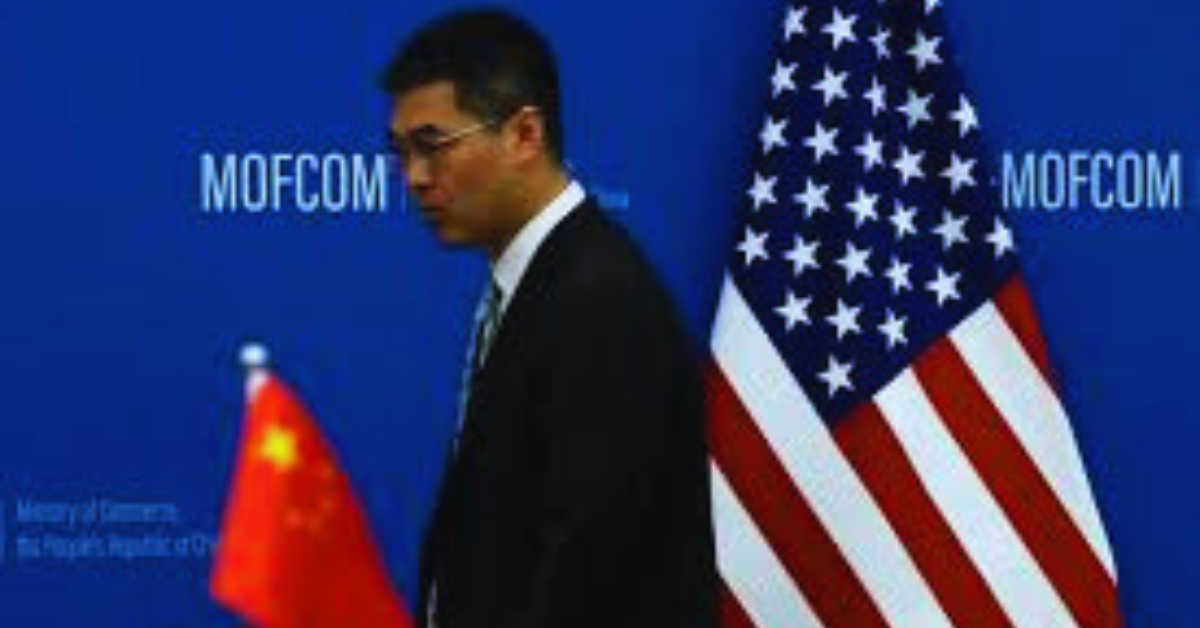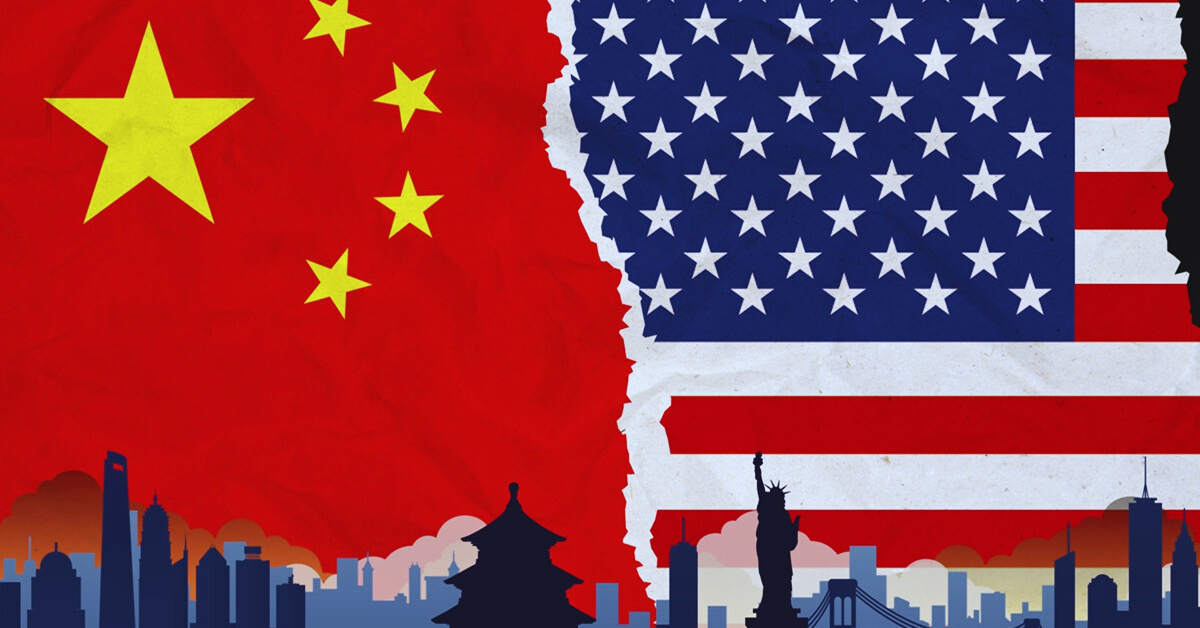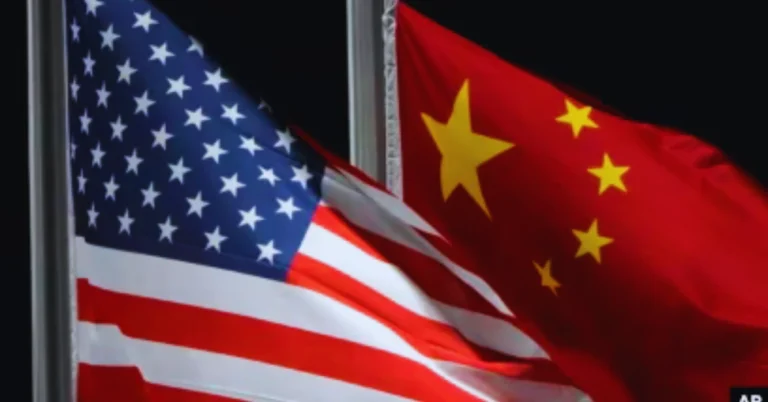In a recent escalation of geopolitical tensions, China has strongly criticized the United States for imposing US Sanctions on several Chinese companies. These sanctions are alleged to be linked to efforts to support Russia’s ongoing war in Ukraine. This move has sparked a heated diplomatic dispute between the two major global powers, highlighting the complexities of international relations in the context of the Russia-Ukraine conflict.
Background of the US Sanctions
The US sanctions, announced by the Biden administration, are aimed at Chinese firms accused of aiding Russia’s military operations. The sanctions are part of a broader strategy by the US to pressure Russia and its allies by restricting their access to critical resources and technologies. The targeted Chinese companies are alleged to be involved in providing goods or services that could potentially bolster Russia’s war capabilities.
The sanctions include asset freezes and travel bans on key individuals associated with these companies. Additionally, US-based entities are prohibited from engaging in business transactions with the sanctioned firms. This move is part of a series of economic measures intended to isolate Russia and diminish its ability to sustain the ongoing conflict in Ukraine.
China Strong Opposition
In response to the US sanctions, China has issued a vehement condemnation. The Chinese government has labeled the sanctions as “unjust” and “baseless,” arguing that they are a form of economic coercion and political manipulation. China contends that the US is using these sanctions as a tool to advance its own geopolitical interests rather than addressing legitimate concerns about international security.
Chinese officials have emphasized that their country maintains a policy of neutrality regarding the Russia-Ukraine conflict and has called for a peaceful resolution through dialogue and negotiation. They argue that the sanctions undermine global economic stability and violate the principles of free trade.
Diplomatic Repercussions
The imposition of sanctions and China’s subsequent response have led to a significant diplomatic standoff. The US has defended its actions as necessary to combat the perceived threat posed by Russia’s military actions, while China has accused the US of attempting to destabilize global markets and interfere in the internal affairs of other nations.
The dispute has broader implications for international relations. It underscores the increasing friction between major powers and the challenges of navigating complex global issues. The US-China relationship, already strained by trade disputes and other geopolitical concerns, has been further tested by this latest development.
Economic Impact
The sanctions are expected to have a multifaceted impact on the global economy. For the Chinese firms involved, the restrictions could lead to significant financial losses and operational disruptions. These companies may face difficulties in securing contracts and accessing international markets, which could hinder their growth prospects.
On a broader scale, the sanctions could contribute to increased volatility in global markets. The interconnected nature of the global economy means that disruptions in one region can have ripple effects worldwide. The ongoing tensions between the US and China, coupled with the economic uncertainties associated with the sanctions, could exacerbate existing economic challenges.
The Role of International Law
China’s response also raises questions about the role of international law in governing state behavior and addressing conflicts. The Chinese government argues that the sanctions violate established international norms and principles. They contend that unilateral actions by one country, such as the US sanctions, undermine the legitimacy of international institutions and agreements.
This perspective highlights the ongoing debate about the effectiveness and fairness of international legal mechanisms in addressing global conflicts. The situation underscores the need for a multilateral approach to resolving international disputes and maintaining global order.
Future Prospects
The future of US-China relations and the broader geopolitical landscape remains uncertain. The sanctions and China’s reaction have set the stage for continued diplomatic tensions and potential economic repercussions. Both nations will need to navigate these challenges carefully to avoid further escalation and seek mutually acceptable solutions.
In the short term, the situation may lead to increased economic and political friction between the US and China. However, there is also the potential for diplomatic engagement and negotiation to address the underlying issues. The resolution of these tensions will likely depend on the willingness of both sides to engage in constructive dialogue and find common ground.
Conclusion
The US sanctions on Chinese firms over alleged ties to Russia’s war efforts have sparked a significant diplomatic and economic dispute. China’s strong opposition to these measures reflects broader concerns about the impact of unilateral actions on global stability and international relations. As the situation evolves, the international community will be closely watching how the US and China manage this complex and contentious issue. The outcome will have far-reaching implications for global geopolitics and economic dynamics.
Read more: AP Photographer Captures Unexpected Moments During Trump Incident


